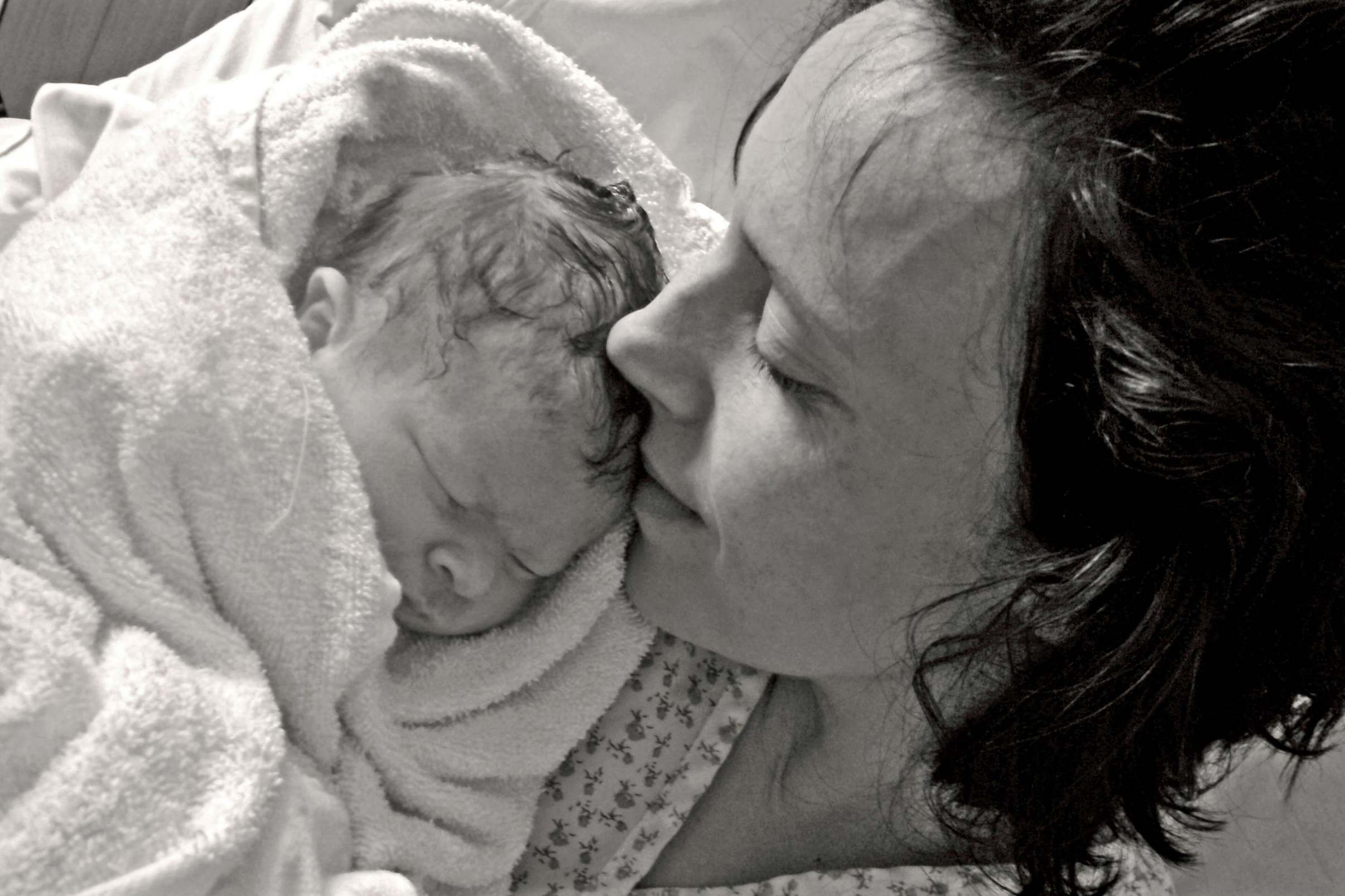Shrewsbury Hospital: Timeline of a scandal
How a catalogue of issues at the NHS trust has been brought to light

Concerns over the standards of care at Shrewsbury and Telford Hospital Trust first emerged following the avoidable death of baby Kate Stanton-Davies in March 2009.
In the years since, thanks to her parents and the families of other babies who have died, the Midlands trust has come under intense scrutiny. Despite multiple public pledges that it has made improvements, problems continue to be highlighted.
March 2009
Kate Stanton-Davies was born “pale and floppy” at Ludlow midwifery led unit in Shropshire, in March 2009. She was airlifted to Birmingham’s Heartlands Hospital while her parents were made to drive separately. She died hours later.
Her mother, Rhiannon Davies, had been wrongly classed as low risk and should have been on a main hospital ward. A review in 2015 confirmed there had been a series of mistakes by midwives and found an initial investigation into Kate’s death was flawed and not fit for purpose.
An inquest in 2012 concluded Kate’s death was avoidable. The trust’s head of midwifery Cathy Smith, who later received a written warning for misconduct over her handling of the case, said her death had been a “rare and tragic case”.
September 2015
After years of complaints, an independent review into Kate’s death by midwifery expert Debbie Graham, revealed the first suggestion of a wider systemic issue at the trust. Ms Graham said Kate’s death had echoes of the maternity scandal at the University Hospitals of Morecambe Bay.
The review also helped expose wider national failings in the way maternity incidents were investigated across the NHS.
April 2016
A separate review of the trust’s response to Kate Stanton-Davies death found a poor safety culture and defensive attitude towards complaints. It said: “The service rather than the service user was placed at the centre of the trust’s response.”
At the end of April, baby Pippa Griffiths was born at home in Shropshire but died a day later after midwives failed to listen to concerns by her parents and did not recognise an infection.
April 2017
Shropshire coroner John Ellery ruled Pippa’s death would have been preventable had she and her mother received appropriate care.
The then health secretary, Jeremy Hunt, asked midwifery expert Donna Ockenden to review the care and treatment of 23 families at the trust after the parents of Pippa Griffiths and Kate Stanton-Davies appealed to him for help.
November 2017
The Shrewsbury and Telford Hospital Trust was taken to court by the Health and Safety Executive after the deaths of five elderly patients who fell while being cared for at at the Princess Royal Hospital in Telford and the Royal Shrewsbury Hospital between June 2011 and November 2012. The trust was fined £333,000.
The HSE said while “policies and procedures were in place” they had not been consistently applied, which meant patients were left at risk.
August 2018
The Care Quality Commission warned the trust it could face action after an inspection revealed multiple safety concerns. It described patients being treated like “animals and cattle” in “unsafe, demeaning, undignified, and disgusting” conditions.
Later that month, dozens more concerns of maternity safety failings emerged at the trust with at least 60 separate cases of baby or mother deaths were identified.
New health secretary Matt Hancock agreed to widen the Ockenden review to consider all cases of concern.
In September 2018, an inspection by the CQC found the same mistakes that contributed to the death of baby Kate Stanton-Davies were being repeated. The trust was rated inadequate by the CQC in November 2018 and placed into special measures.
February 2019
National body NHS Improvement was accused of attempts to cover up the scale of failings at the trust after it sets up a review panel to oversee the Ockenden inquiry. The panel was later disbanded amid criticism by families.
May 2019
The CQC issued its fourth warning to the trust over the standards of care in its emergency department.
November 2019
The Independent first revealed the scale of failings in the maternity units at the trust in a leaked interim report by the Ockenden inquiry that found dozens of babies and mothers may have died with more than 40 babies left severely brain damaged.
The report detailed the failure to learn from mistakes with errors repeated time and again. The cases dated back as far as the 1970s and confirmed the scandal as the largest single maternity failing in NHS history.
December 2019
Payouts to families whose babies died or were left disabled after care at the trust totalled almost £50m, according to data uncovered by The Independent. Some 82 claims had been made, with 52 settled at a cost of £47.5m, while 40 further cases were still being investigated by NHS Resolution.
March 2020
The trust is forced to repay a bonus of almost £1m it had been handed in a maternity incentive scheme. It had been paid £963,391 in 2018 for meeting 10 required safety standards, despite later being rated as inadequate by the CQC. The trust’s chief executive said the payment had been “reassessed” and found to have been claimed without sufficient evidence.
June 2020
The police announced a criminal inquiry into the maternity issues, with West Mercia Police assessing whether there was evidence of criminal actions by the trust or individuals.
July 2020
Care Quality Commission chief Ted Baker writes to NHS England urging action over consistent failings found by the watchdog’s inspectors across departments. He raises the prospect of placing the trust into special administration for safety reasons – something that has only been done at Mid Staffordshire, which itself was at the centre of a public inquiry.
Join our commenting forum
Join thought-provoking conversations, follow other Independent readers and see their replies
Comments